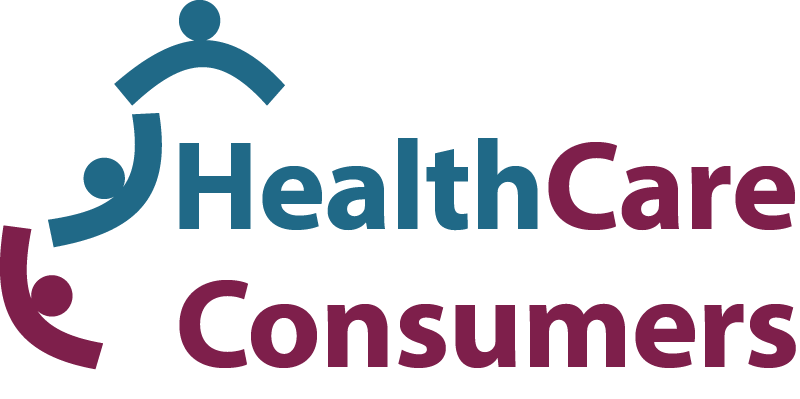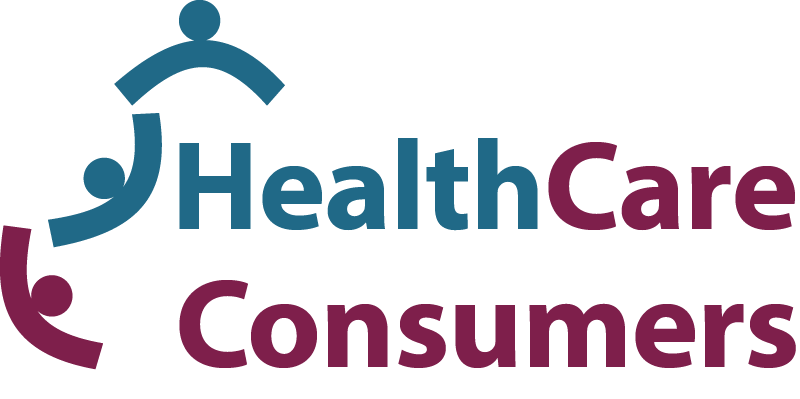Publications
ACT Election 2020: In Conversation with Rachel Stephen-Smith MLA (ACT Labor)
2 October 2020
In September HCCA held a series of online (Zoom) events – In Conversation with Candidates. We spoke with the health spokespeople of each of the main parties about their vision for our local health system and response to the priorities HCCA has identified.
The first In Conversation event was with Rachel Stephen-Smith MLA, ACT Labor, if you missed it you can watch the full recording here or below.
In her introductory segment Minister Stephen-Smith announced several important initiatives that spoke to the HCCA priorities.
The first was a $7 million dollar investment over four years to implement a new patient navigation service (at 11:27) starting with patient and family navigators for families with children who need to access specialist healthcare interstate.
The second was the announcement that a re-elected labour government would implement HCCA’s recommendations in the recently released final report on The Kids Interstate Shared Care Project (at 11:59, download the report here).
Minister Stephen-Smith also highlighted their continuing effort to improve health care access for people with a disability, with the reiteration that the development of a Disability Health Strategy would be a priority for herself and a re-elected Labor Government (at 9:07).
Darlene Cox from HCCA followed up these initial statements with a range of questions from members and attendees.
On the topic of access to primary and mental health care in residential aged care facilities the Minister acknowledged that there is still a lot of work to do to fill the gaps (at 30:50). She highlighted the success of the Geriatric Rapid Acute Care Evaluation (GRACE) program trial in reducing unnecessary hospital and the Government’s increased investment in the program to see it rolled out to all aged care facilities in the ACT. However, she also highlighted how much more needs to be done working across federal and state Governments, particularly in addressing gaps in support services for residents in aged care facilities.
On the topic of the needle and syringe program at the Alexander Maconochie Centre, the Minister highlighted the challenges of balancing the health need with the workforce safety issues, but reiterated that ACT Labor is committed to working out an appropriate solution to these challenges (at 41:19).
Following on from this was a question from CAHMA about a re-elected Labor Government’s commitment to developing Safer Injecting Facilities as part of their health strategy for the ACT (at 47:04). The Minister in principle absolutely supports a safer injecting/use facility. The Minister also acknowledged that the spread out nature of the ACT means that the location and model of a facility will need to be planned out in consultation with the community, acknowledging that the model may be different than those in places like Melbourne or Sydney.
There were a range of other questions that were asked which we have listed below with quick links to the time stamp in the video:
- With the financial pressures that COVID (and the recession) are presenting, how will you be able to afford to deliver on your plans? What principles will you use to decide on competing priorities? How will the community sector provide input to determine priorities? (at 14:40, Minister’s follow up comments on participatory and deliberative processes at 18:35)
- For a breakdown of election commitment costings see the ACT Election Commitment Costings 2020
- Sustainability and the impact of climate change on health is a concern for our members. In 2017 HCCA released a position statement on climate change and health. How will the climate emergency affect the design of services and new infrastructure? (at 19:16)
- Strong community and NGO services are key to our health system. They provide peer support, build health literacy, provide services and advocacy. COVID has shown us that Government can better engage with the NGO sector to support and provide health services. How can this be developed? And as a follow up what do you think about the idea of moving towards five-year funding contracts for community organisations in health care? (at 22:54)
- Access is a key issue for consumers. This is also the case in primary care with low numbers of bulk billing general practices. While the ACT government doesn’t have direct responsibility for primary care, we’re still interested in your thoughts on how to on how to increase rates of bulk billing in the ACT. (at 26:01)
- Follow up: What are your thoughts on the role community pharmacists have to play, (at 29:10)
- The Royal Commission into Aged Care has identified the challenges people living in residential aged care have in accessing health care, and maintaining their health and well-being, including their mental health. What will you do to improve access and the quality of health and mental health care for these people? (at 30:35)
- Follow up: Using primary care is also a cost-efficient strategy, how will an elected Labor government engage more closely with GPs and other primary care professionals? (at 33:43)
- The walk-in centres have been embraced by consumers but some people, including GP’s, have concerns about the cost of this service and feel it is further fragmenting care. We are interested in your response to the criticism regarding the cost? (at 35:10)
- Follow up: Do you have a sense of how much it costs per interaction? (at 37:44)
- There is a key opportunity to compliment outpatients services in and share the load so to speak (which can be a key opportunity to reduce waitlists) by broadening support to bulk bill allied health care with a key focus on chronic illness – we need to be careful this is not only aligned with GP and practices as the opportunity is much greater (at 38:35)
- It is accepted that prisoners will be deprived of some rights secondary to their incarceration for the purpose of punishment. While a restriction of liberty may have an impact on a person’s ability to independently seek medical care, prisoners fundamentally retain their human rights relating to health. Yet they are denied access to needle and syringe programs. What is the Labor Party position on needle syringe programs and when can we expect to see this introduce at the AMC? (at 40:32)
- Winnunga Nimityjah’s model of primary care, which includes care about more social determinant issues for health is a successful model – couldn’t we extend this to the rest of the community? (at 42:41)
- We’re really interested in digital health and see that this has the potential to improve the quality and safety of health care. As the system becomes more reliant on electronic prescriptions, telehealth, booking appointments online, accessing health records, what will the Labor Party do to make sure to those consumers who don’t have the skills, confidence or access to the technology will still be able to get the health care they need? (at 44:43)
- Is Labor putting the provision of a safer injecting facility for Canberra as one of your health priorities? (at 47:08)
The ACT election commitment costings for ACT Labor is on the ACT Elections website here

